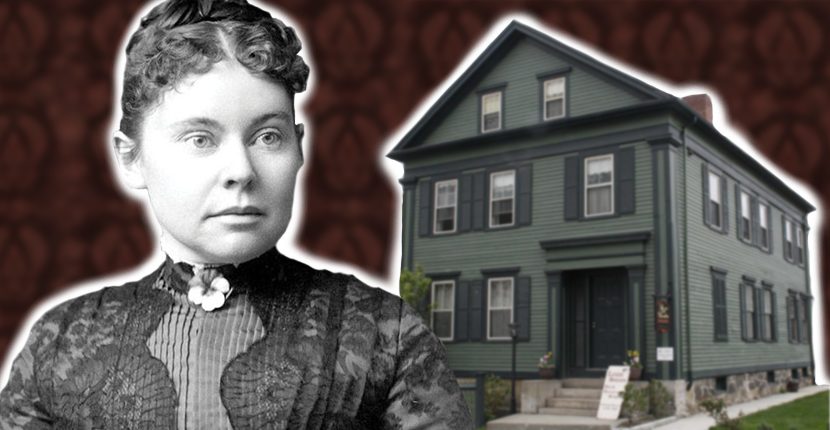“Lizzie Borden took an axe/And gave her mother forty whacks/When she saw what she had done/She gave her father forty-one.”
Though this odd children’s rhyme may sound amusing, it is actually a real-life inspired chant that briefly tells the story of Lizzie Borden, the gruesome murderer and the villain of one of America’s most widely-known cases of parricide. Although the Borden’s crime happened 126 years ago, its intriguing horror resonates even today, attracting authors, horror story fans, and film-makers.
The story goes that on August 4, 1892, the 32-year-old Lizzie Borden called the family maid, Bridget Sullivan, and showed her the mutilated body of her father, Andrew Borden.
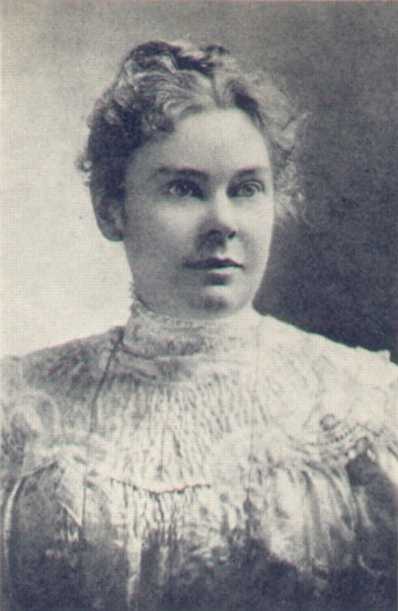
Reportedly, Lizzie hit him 10 or more times with an ax while he was sleeping on the sofa. But that was not the end of the horror that Sullivan faced. In the guest room lay the body of Lizzie’s stepmother, Abby Borden, who was struck around 20 times with the same weapon.
It didn’t take long before the police arrested Lizzie as the only firmly accused suspect given that her brother had a strong alibi, her sister was out of town, and Sullivan was recovering from a grave health condition at the time.
The trial that followed caught the eye of the media which diligently investigated and followed the Borden case until the final stage of acquittal.
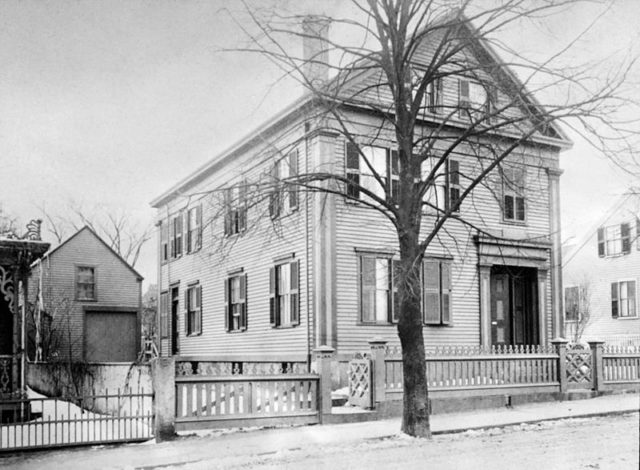
The family record of the Bordens reveals that her father, Andrew, was a prosperous manufacturer and property developer who invested in several textile mills. A director of the Durfee Safe Deposit and Trust Company, and also president of the Union Savings Bank, Borden’s estate was estimated at $300,000 (equivalent to $8 million in 2016).
He educated Lizzie and her sister Emma in a highly religious spirit, and they were both involved in numerous church activities — Lizzie taught child immigrants in Sunday school and assisted in religious organizations. She was a member of the Women’s Christian Temperance Union and the Ladies’ Fruit and Flower Mission.
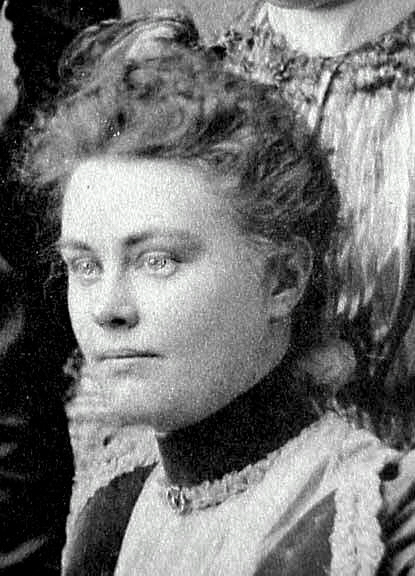
However, going back to Lizzie’s earlier childhood days, a case of trauma may be noted. Her mother died when she was three years old, and her father remarried only three years later. Both of the sisters had an estranged relationship with their stepmother.
During police questioning, Lizzie revealed that she thought her stepmother to be a gold-digger. The tense relationship between the Borden sisters and their stepmother was confirmed by Bridget Sullivan too, who testified that the two girls almost never ate meals together with their parents.
The maid recalled how earlier that year Lizzie had built a new roost for the pigeons and Mr. Borden killed them, believing that they attracted local children to hunt them.
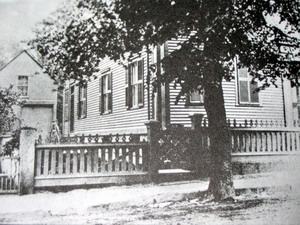
Lizzie got very upset, and it led to a family argument that resulted in both sisters taking an extended “vacation” at the Bordens’ property in New Bedford. Lizzie had returned to Fall River just a week before the murders.
Shortly before the murders, the family tension increased due to Mr. Borden’s generosity to his wife’s family as he gave them a significant part of his property. This infuriated Emma and Lizzie, stirring up the hostile atmosphere even more. On August 4, 1892, Abby and Andrew Borden were brutally murdered in their home. Abby was killed first, between 9:00 a.m. and 10:30 a.m., while Andrew died between 10:30 a.m. and 11:10 a.m. Prior to the murders, Lizzie encouraged Bridget to go to a department store, but the maid felt unwell and went to her bedroom to take a nap, Bridget later told the police.
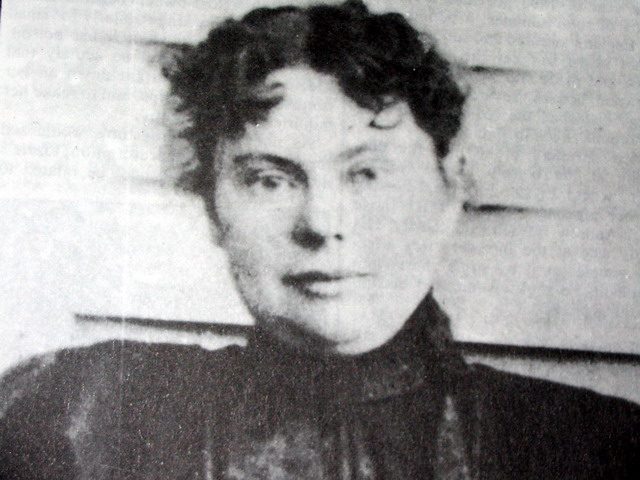
During the interrogation, Lizzie’s answers to the questions of the police officers were sometimes strange and contradictory. The police officers reported that her demeanor was strangely calm and poised. Lizzie presented two different scenarios of the story.
At first, she said that after Andrew and Bridget had gone for a nap, she went to the barn to search for iron or tin to fix the door and stayed in the loft for about 30 minutes eating pears. The police were skeptical as there were no footprints in the dust of the loft.
In the second scenario, Lizzie said that when she returned to the house there was nothing unusual at first, but then she saw the corpse of her father. Afterward, she sent Bridget and a neighbor to check on Abby whom she was certain was in town.
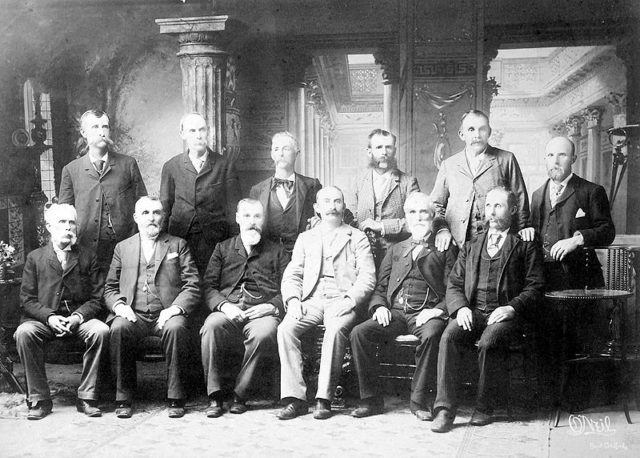
Lizzie’s contradictory statements were thought to have been affected by the vast quantities of tranquilizers that she took during the inquest. Every indication was leading to Lizzie as the suspect, but there wasn’t enough evidence, which was later attributed to shoddy police work.
The lack of material evidence, as well as the lack of significant clues from the crime scene, made the trial and the respective case seem as if it was based merely on speculation. The murder weapon was never formally identified. There were no clothes containing blood in the house or around it.
Finally, Lizzie was acquitted and free of charges.
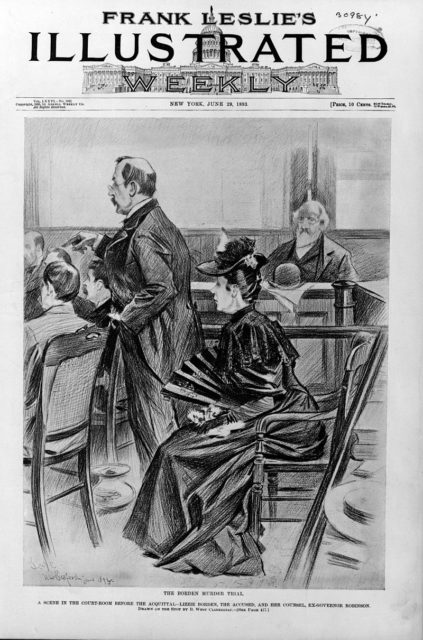
After the trial ended she moved into a mansion with her sister in Fall River. She lived quite comfortably in the new home, having a housekeeper, a coachman, and live-in maids. However, her name and its references were never forgotten by the Fall River community which condemned her and provoked her to change her name to Lizbeth A. Borden.
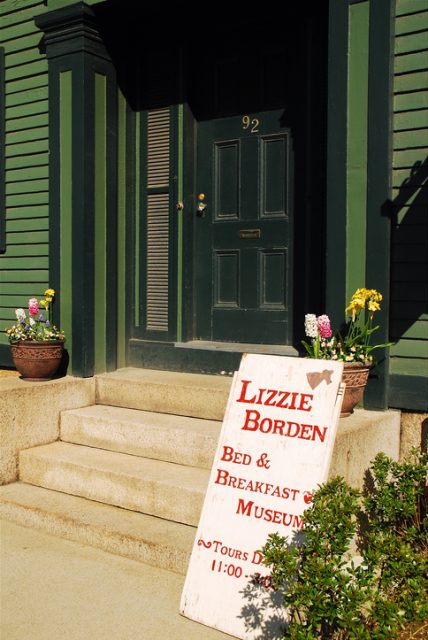
The belongings and the estate of Andrew and Abby were passed to the sisters, however, after getting into a fierce argument, Emma moved out of the house and they never met again.
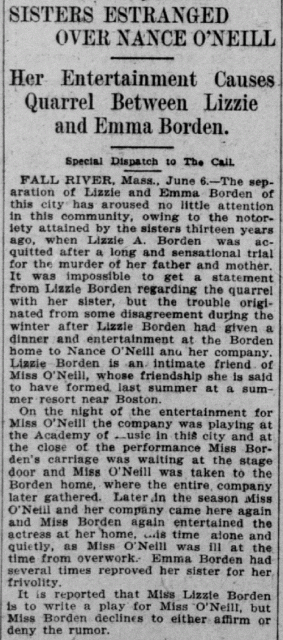
Lizzie remained in Fall River and lived there alone until she died of pneumonia at the age of 66.
The acclaimed author Dawn Ius who investigated the Lizzie Borden case and, intrigued by its complexity, wrote the chilling mystery Lizzie said: “I believe there are several factors that led to Lizzie‘s acquittal—she was a small woman, who, at the time, was deemed too frail to have wielded a hatchet with such authority; she was a woman accused of committing a horrific crime at a time when it was inconceivable to think a woman could do something so horrible; and on the surface, Lizzie appeared to love her father very much. She was a good girl, a servant of the church, well-liked by those around her, often described as friendly and quiet. That’s a sharp contrast from the hatchet-wielding woman described today. But perhaps the biggest factor in her acquittal was the absence of the forensic technology that is available today. Many of the evidence gaps might have been filled in—for example, where was all the blood on Lizzie?”
